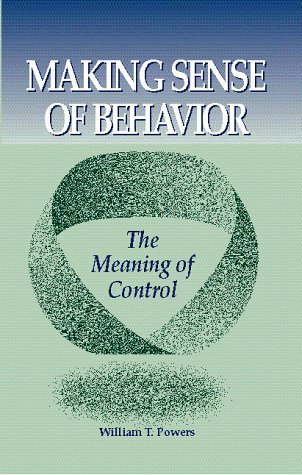What do you think?
Rate this book


Written for the common reader, MSOB demonstrates how "living control systems" really behave and interact. Deliberately simple examples peel back the layers of Powers' Perceptual Control Theory (PCT) to reveal its universal truths.
PCT is taught in the Life Science disciplines in a growing number of universities worldwide. Practical PCT applications continue to multiply: the study of infants (Netherlands); the turnaround of troubled schools (USA, Australia), Leadership Training (USA, Canada).
180 pages, Paperback
First published August 1, 1998